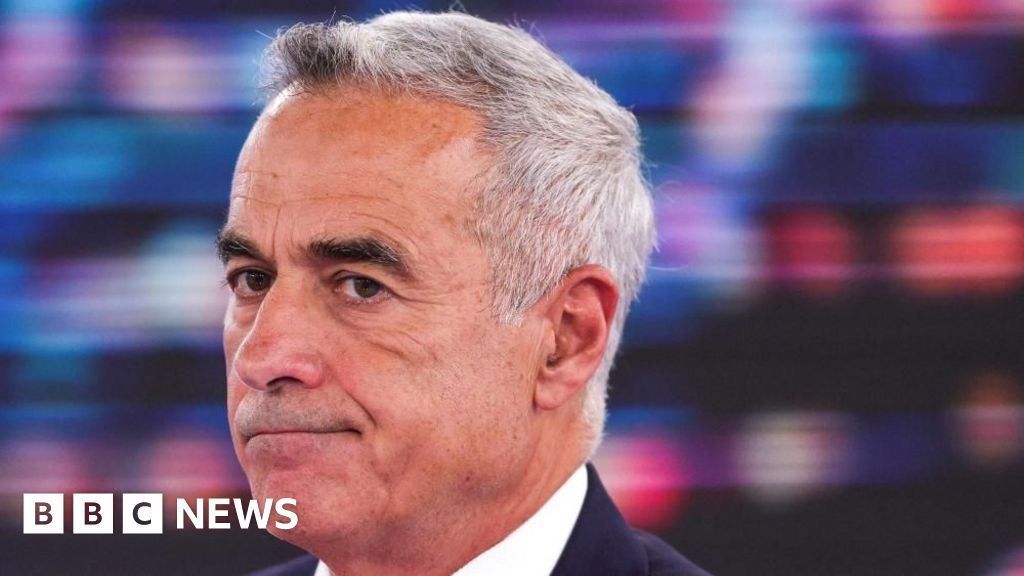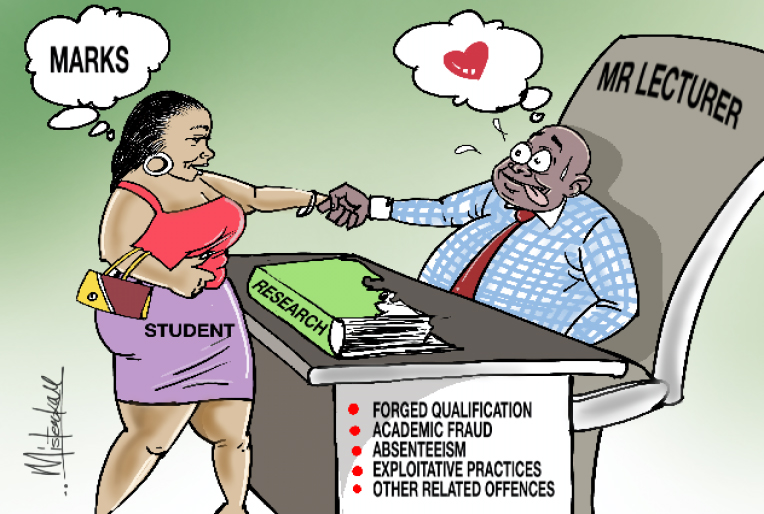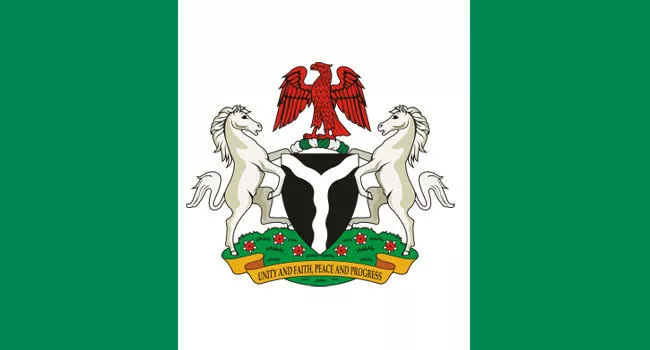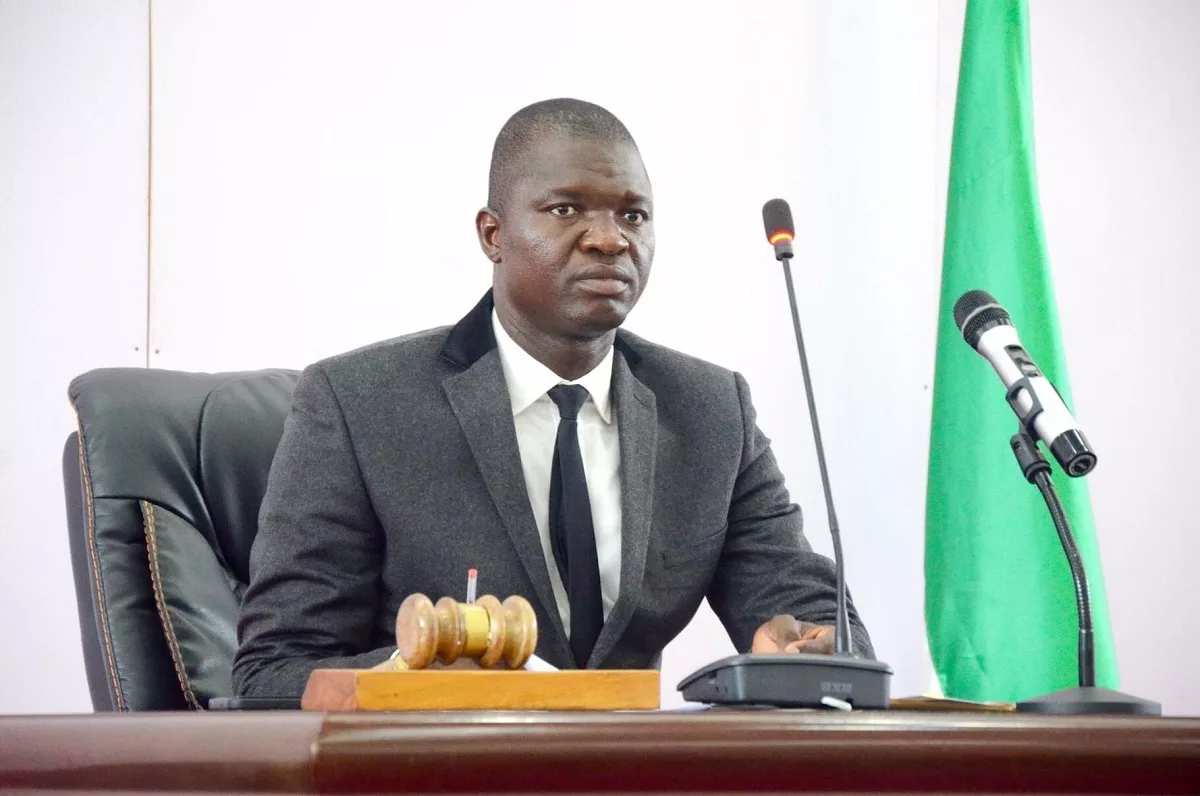In this interview, US Marine Corps General Michael Langley discusses his hands-on leadership of AFRICOM towards a partnership-driven philosophy, reshaping how AFRICOM supports Africa’s future.
The Commander of the US Africa Command (AFRICOM), Michael Langley, sat down for an exclusive conversation with PREMIUM TIMES’ White House Correspondent, Pearl Matibe, at the Pentagon.
General Langley, who has been at the forefront of AFRICOM’s evolving strategies across Africa, shared his vision for a partnership-driven approach, emphasising collaboration with African countries to address shared challenges.
Mr Langley, the first African American to lead AFRICOM, has faced complex and layered threats during his tenure, from violent extremism and maritime security issues to the geopolitical influence of external actors like China and Russia. Despite these obstacles, Mr Langley said he remains resolute in his commitment to empowering African countries to take the lead in securing their future, with AFRICOM serving as a key enabler.
“African partners must take the lead,” said Mr Langley. “Our role is to enable their success, to support them in building sustainable security infrastructures. This isn’t just about military might; it’s about fostering stability that leads to long-term prosperity for civil society.”
Mr Langley’s leadership is characterised by a focus on cooperation, not only with defence forces but also with African governments, development agencies, and international partners. His approach reflects AFRICOM’s broader strategy of addressing not just immediate security concerns, but building the foundation for lasting peace and stability. His travels to countries like Somalia, Kenya, and many others, have been central to reinforcing these partnerships, especially in the fight against groups like Al-Shabaab, which he describes as “the biggest terrorist network on the African continent.”
However, Mr Langley emphasised that AFRICOM’s challenges are not limited to East Africa. West Africa faces mounting pressure from the growing influence of China, particularly through economic ventures and strategic investments in critical infrastructure. “In places like Côte d’Ivoire, Ghana, and Benin, we see China’s economic footprint expanding rapidly. They’re offering deals that, on the surface, seem beneficial but often come with strings attached that undermine the sovereignty of these nations,” Mr Langley explained. “It’s not just about economic dominance. China’s involvement often leads to unbalanced concessions, particularly in mining and infrastructure, which erodes local governance.”
Nigerians need credible journalism. Help us report it.
Support journalism driven by facts, created by Nigerians for Nigerians. Our thorough, researched reporting relies on the support of readers like you.
Help us maintain free and accessible news for all with a small donation.
Every contribution guarantees that we can keep delivering important stories —no paywalls, just quality journalism.
Mr Langley’s hands-on approach includes frequent engagements with African leaders to ensure that AFRICOM’s efforts align with each country’s unique challenges. He cited the US Global Fragility Act (GFA) as a critical tool in promoting conflict prevention and regional stability in West Africa. “This Act is about more than just military solutions,” said Mr Langley. “It’s about a whole-of-government approach that includes development and governance. We’ve seen promising progress in Côte d’Ivoire and Togo, where local governance is working hand-in-hand with security forces to stabilise regions hit hardest by conflict.”
The AFRICOM Commander also touched on the challenges posed by misinformation and foreign mercenaries, particularly those linked to Russian interests in countries like the Central African Republic (CAR) and Mali. “We’re not just dealing with traditional security threats. Russia and China’s activities in Africa are about influence, and often, that influence is destabilising,” he noted.
During the interview, Mr Langley addressed a key element of AFRICOM’s untold story: its humanitarian and development efforts. “When people think of AFRICOM, they often focus on drone strikes or military bases, but what they don’t hear about are the countless humanitarian missions we support,” he said.
He highlighted AFRICOM’s involvement in disaster relief efforts, including a recent mission to Libya in the aftermath of devastating floods. “We were on the ground in Libya, delivering aid and working with local authorities to help rebuild after the floods,” he recalled. “This is the side of AFRICOM that doesn’t make the headlines – the work we do to support vulnerable populations and foster long-term development.”
Mr Langley also underscored AFRICOM’s investment in youth engagement, notably through initiatives like the Young African Leaders Initiative (YALI).
“YALI is a cornerstone of our engagement strategy,” he explained. “By empowering Africa’s youth, we are not just addressing today’s security challenges, but we’re investing in the leaders of tomorrow who will drive the continent’s prosperity.”
The general emphasized that AFRICOM’s mission extends far beyond military operations, including economic and educational collaboration. “It’s about showing our African partners that the United States is committed to their long-term success without hidden agendas. We’re not here to exploit; we’re here to enable,” he said.
Regarding maritime security, Mr Langley cited illegal, unregulated, and unreported (IUU) fishing as a critical challenge in the Gulf of Guinea, where China’s involvement looms large. “Many African nations lack the resources to patrol their exclusive economic zones,” he explained. “China’s overfishing is devastating local economies and food security, particularly for countries reliant on their fishing industries.”
Mr Langley praised the Southern African Development Community (SADC) for its efforts in combating illegal fishing and piracy, but warned that more regional collaboration is needed.
Looking ahead, Mrl Langley stressed the importance of continuing AFRICOM’s “African-led, U.S.-enabled” approach. “This isn’t about imposing solutions from the outside,” he said. “It’s about working together with African leaders to identify the best way forward. They know the terrain, they know the people, and they must lead the charge.”
READ ALSO: The United States politics of dubious peace-making, By Owei Lakemfa
As the interview concluded, Mr Langley reflected on his personal leadership philosophy and the legacy he hopes to leave behind. “If there’s one thing I want people to remember about my time at AFRICOM, it’s that we worked with our African partners, not above them,” he said. “Together, we’ve started building a foundation for lasting peace and stability across the continent. The story of AFRICOM is the story of collaboration—and that’s a story that needs to be told.”
Pearl Matibe is a Washington, DC-based correspondent and media commentator with expertise in U.S. foreign policy and international security. You may follow her on Twitter: @PearlMatibe
Support PREMIUM TIMES' journalism of integrity and credibility
At Premium Times, we firmly believe in the importance of high-quality journalism. Recognizing that not everyone can afford costly news subscriptions, we are dedicated to delivering meticulously researched, fact-checked news that remains freely accessible to all.
Whether you turn to Premium Times for daily updates, in-depth investigations into pressing national issues, or entertaining trending stories, we value your readership.
It’s essential to acknowledge that news production incurs expenses, and we take pride in never placing our stories behind a prohibitive paywall.
Would you consider supporting us with a modest contribution on a monthly basis to help maintain our commitment to free, accessible news?
TEXT AD: Call Willie - +2348098788999


















 English (US) ·
English (US) ·